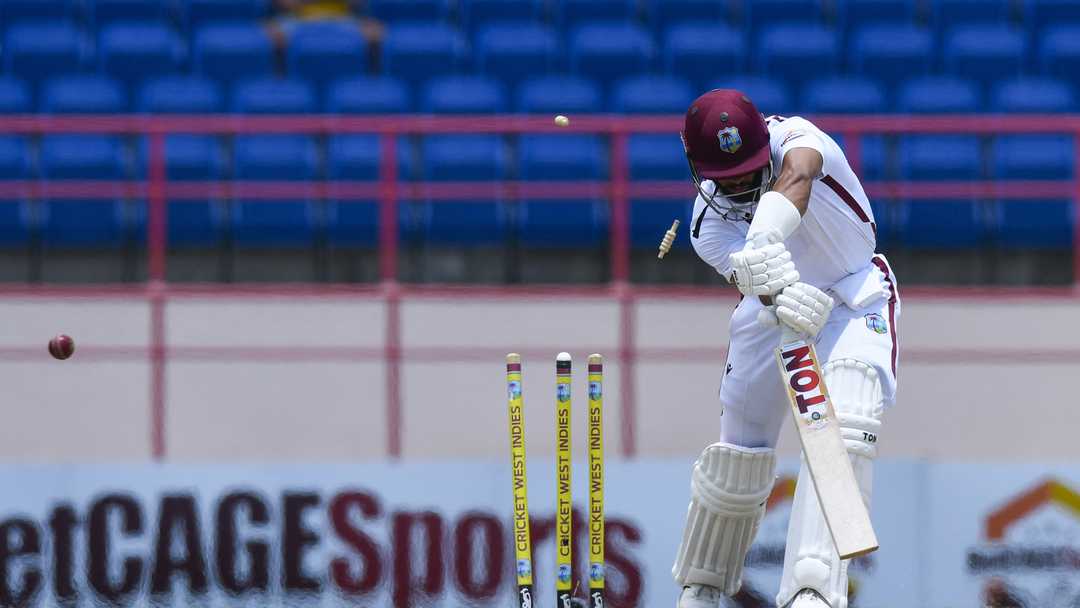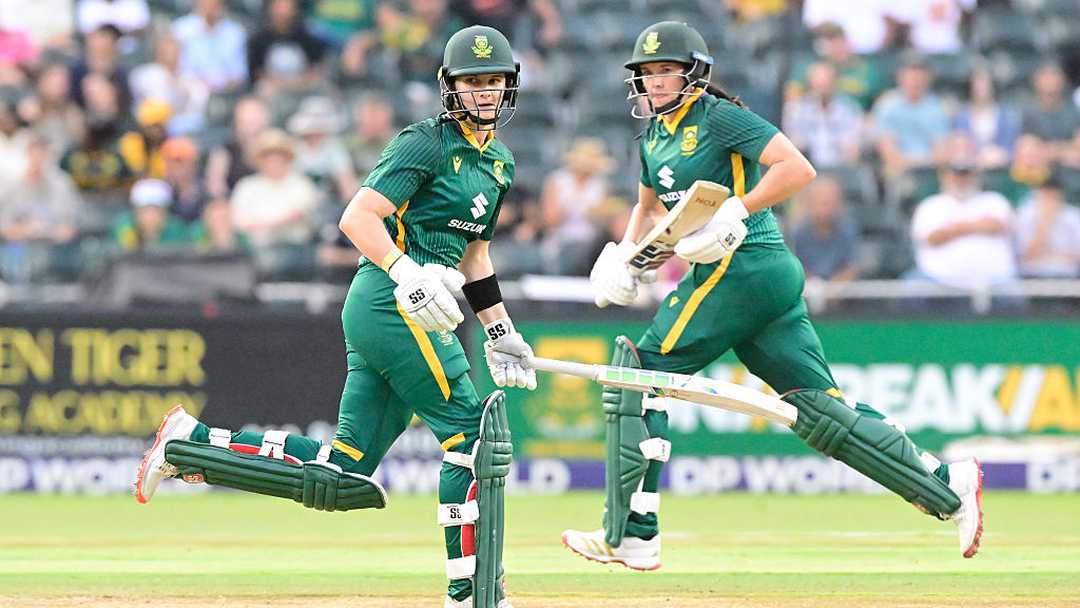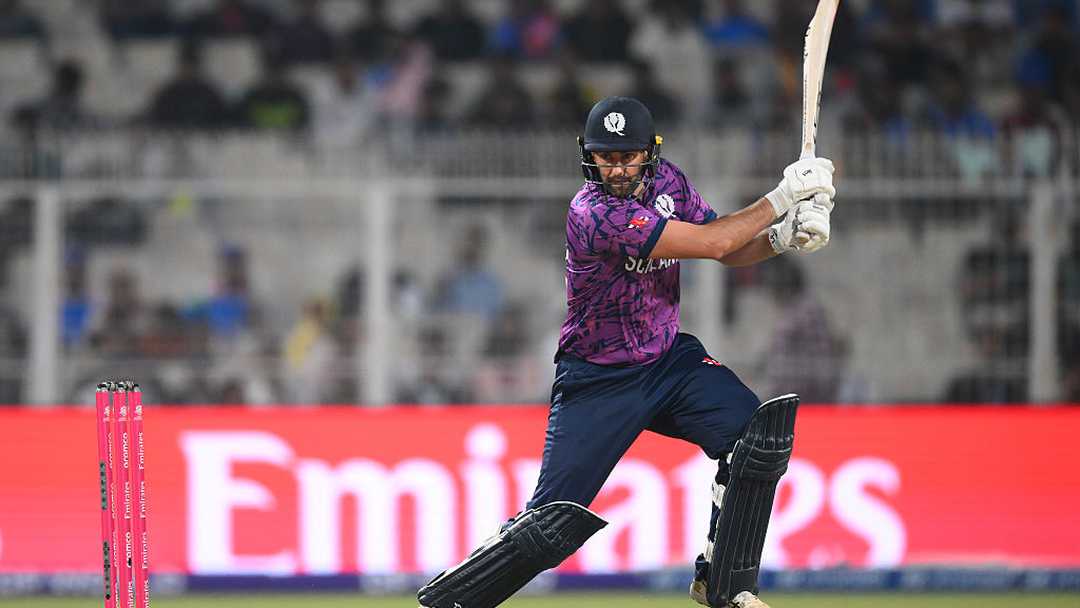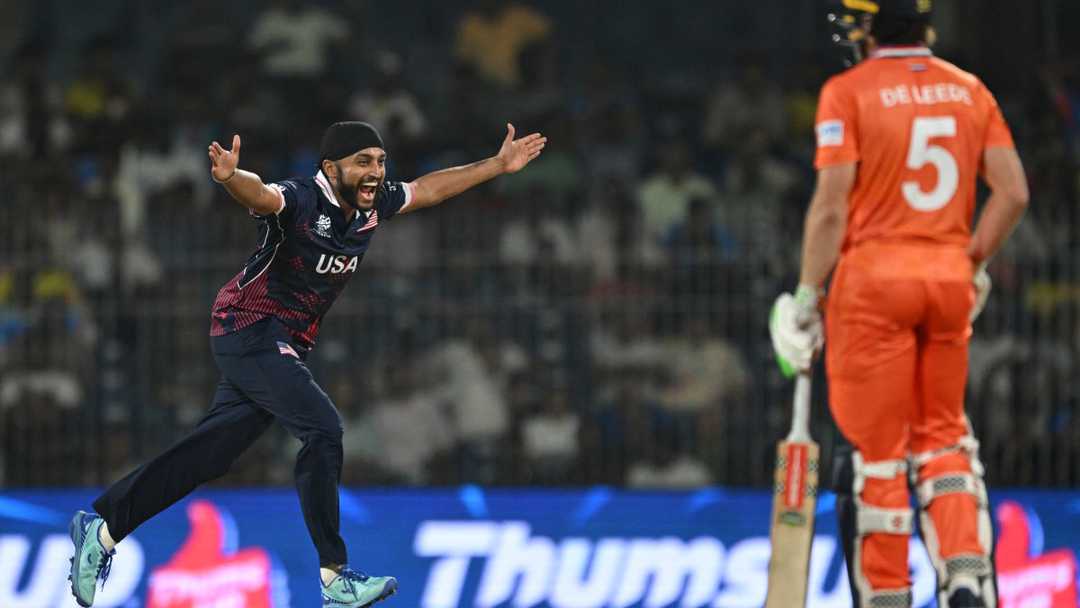
When no one is answerable: The Caribbean's cricket crisis
Cricket, once the pride of our region, is being quietly strangled by leadership structures so deeply flawed they no longer serve the game. Governance has collapsed into entitlement without accountability, where failure is tolerated and even rewarded.
Board members pay themselves what they want, select players based on personal loyalty, and treat national team results as irrelevant. There is no consequence for failure, just silence, blame-shifting, and a press release.
Fans have walked away from the sport in droves, not with protest, but with silence. Those in charge cling to their positions, immune to results and deaf to criticism.
In this broken system, you don't need to be qualified to serve. Loyalty replaces merit, and protectionism replaces performance. "Selection is subjective," they claim, but that's just code for "we choose who we want."
When we suffer defeats, there's no introspection, no accountability. No one steps aside. The same faces remain, making the same excuses, drawing from the same failed playbook.
The situation has gone from bad to worse, with a heart-wrenching loss to Australia followed by an all-time low, as our team was bowled out for a paltry 27 runs, the second-lowest score in Test cricket history.
When anyone calls for change, the response is predictable: "Political interference." But these boards have no issue using public funds to defend themselves, fund court battles, and silence critics.
Let's be clear: many regional cricket boards now behave like laws unto themselves. And what's even more disturbing is the role of sponsors and government agencies who continue to provide funding and cover, despite knowing the truth.
Recently, Darren Sammy, head coach of the West Indies team, has come under fire. But to place the blame squarely on his shoulders is unfair, as the Territorial Boards have failed us miserably. Our players are effectively learning on the job, because they are not being properly prepared at home.
The only way forward is through legislative action. We need a complete overhaul of the structures that shield poor governance. The law must mandate greater transparency, accountability, and independent oversight, with clear mechanisms to hold administrators responsible for their actions.
Unless the entire structure is dismantled and rebuilt on merit, integrity, and purpose, we are not on our way back to the top of world cricket. We are digging ourselves deeper into irrelevance.



